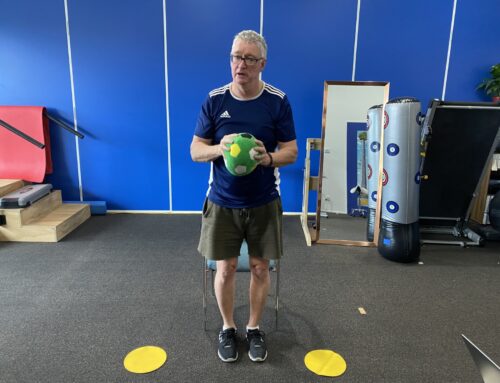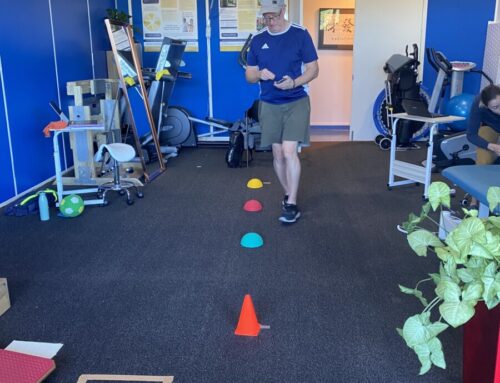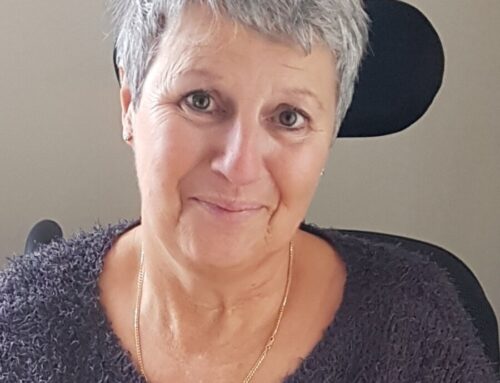There is currently no way to make a definitive diagnosis of Parkinson’s disease, it is a clinical diagnoses from your overall presentation using clinical testing and questioning. This was historically only based on the motor symptom presentation which would include at least two of the following;
- Bradykinesia
- Resting tremor
- Rigidity
- Postural instability
Following post mortem examinations it has been discovered that 80% of clinical diagnoses of Parkinson’s disease correct, leaving 20% of diagnoses incorrect.
The importance of non-motor symptoms in Parkinson’s disease has received great attention of the last 5-10 years which has influenced a new clinical diagnostic measure to be used for Parkinson’s. This means that the non-motor symptoms also need to be assessed, including;
symptoms also need to be assessed, including;
- Loss of smell
- Constipation
- Sleep disturbances
- Mood changes;
- Increased apathy
- Anxiety
- Depression
- Decreased motivation
With this increased knowledge into non-motor symptom presentation research shows that these symptoms can be present for 10-20 years prior to the onset of motor symptoms and often then the diagnoses of Parkinson’s.
There is now evidence to show that there is an increased chance of 80% of being diagnosed with Parkinson’s disease if you have experienced sleep disturbances in specific those in your deep REM sleep. This presents with uncontrolled movements and thrashing out while fully asleep. It is often your partner that will notice and report this first.
There is a lot of attention on the dopaminergic pathology in Parkinson’s due the to damage and deterioration of the dopamine producing cells. However the damage to the brain unfortunately does not stop there and also includes non-dopaminergic pathways including those that produce serotine and norganic which are significant in mood and sleep management.
Ensure that your neurologist and your other health care professionals are also monitoring your non-motor symptoms of Parkinson’s as they can heavily impact on your quality of life.





